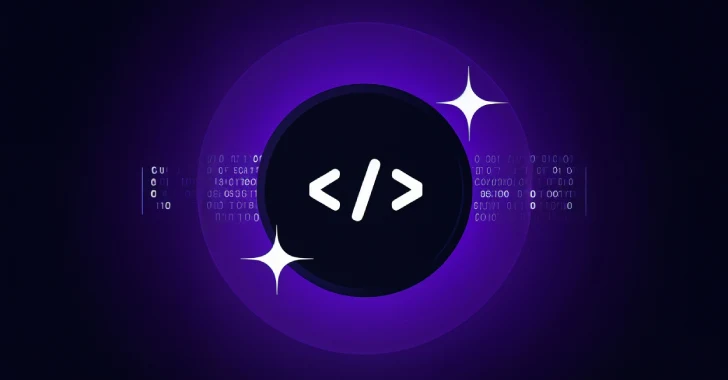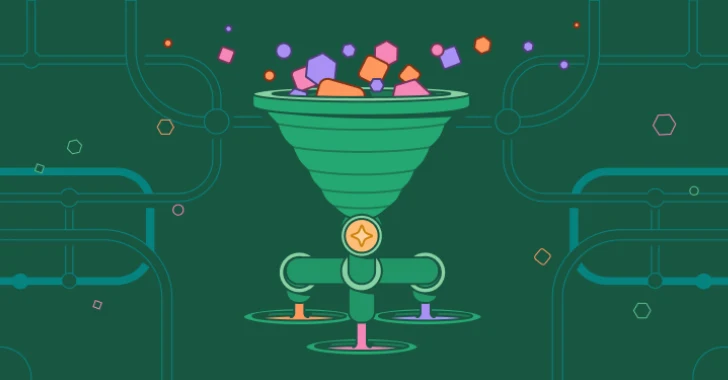In May 2025, cybersecurity researchers identified a significant security flaw within GitLab’s AI-powered coding assistant, GitLab Duo. This vulnerability, classified as an indirect prompt injection, allowed malicious actors to manipulate AI responses by embedding hidden prompts within various project elements. Consequently, attackers could exfiltrate sensitive source code and inject untrusted HTML into AI-generated outputs, potentially redirecting users to malicious websites.
Understanding GitLab Duo and Its Vulnerability
GitLab Duo, introduced in June 2023, leverages advanced AI models to assist developers in writing, reviewing, and editing code. By integrating AI into the development workflow, GitLab aimed to enhance productivity and code quality. However, researchers from Legit Security discovered that GitLab Duo was susceptible to indirect prompt injection attacks. Unlike direct prompt injections, where attackers input malicious commands directly into the AI system, indirect prompt injections involve embedding harmful instructions within the content that the AI processes, such as comments, commit messages, or source code.
Mechanism of the Attack
The vulnerability exploited GitLab Duo’s comprehensive analysis of project content. By inserting hidden prompts into merge requests, issue descriptions, or even within the source code, attackers could manipulate the AI’s behavior. For instance, a concealed prompt within a comment could instruct the AI to expose confidential information or alter code suggestions. Techniques like Base16 encoding, Unicode smuggling, and rendering text in white using KaTeX were employed to obscure these malicious prompts, making detection challenging.
Potential Impacts
The exploitation of this vulnerability posed several risks:
– Unauthorized Access to Source Code: Attackers could extract proprietary code from private repositories, leading to intellectual property theft.
– Manipulation of Code Suggestions: By influencing AI-generated code recommendations, malicious actors could introduce vulnerabilities or backdoors into the codebase.
– Phishing Attacks: Injected untrusted HTML could redirect developers to counterfeit login pages, facilitating credential theft.
Broader Implications of AI Vulnerabilities
This incident underscores the broader challenges associated with integrating AI into software development:
– Prompt Injection Attacks: Both direct and indirect prompt injections can lead to unintended AI behaviors, compromising system integrity.
– Jailbreak Techniques: Attackers can circumvent AI safety protocols, causing models to generate harmful or unethical content.
– Prompt Leakage (PLeak): Sensitive system instructions can be inadvertently disclosed, revealing internal rules and functionalities.
Such vulnerabilities can result in data breaches, exposure of trade secrets, and regulatory non-compliance.
Mitigation and Recommendations
To address this vulnerability, GitLab promptly released patches for affected versions of GitLab Duo. Users are strongly advised to update their installations to the latest versions to mitigate potential risks.
Additionally, organizations should implement the following measures:
– Enhanced Input Sanitization: Ensure that all user inputs, including comments and descriptions, are thoroughly sanitized to prevent malicious code execution.
– Regular Security Audits: Conduct periodic reviews of AI integrations to identify and address potential vulnerabilities.
– User Training: Educate developers on recognizing and avoiding potential security threats within AI-assisted development environments.
Conclusion
The discovery of the indirect prompt injection vulnerability in GitLab Duo highlights the critical need for robust security measures in AI-powered development tools. As AI continues to play a pivotal role in software engineering, ensuring the security and integrity of these systems is paramount to protect sensitive information and maintain trust in technological advancements.



